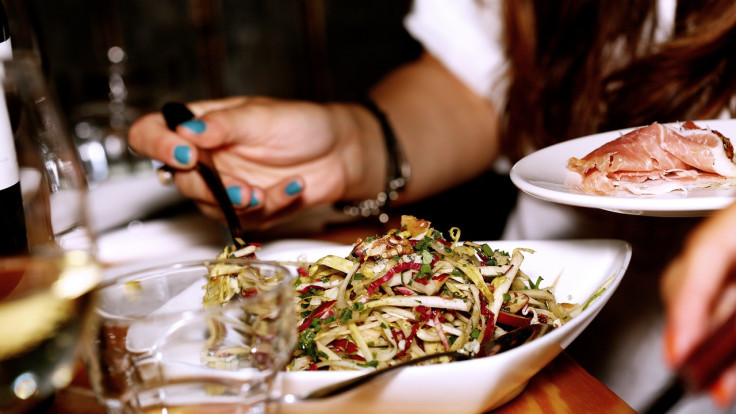
The phrase "most expensive food in the world" might make you think it's covered in diamonds or gold; however, that's not quite the case. The dishes mentioned below combine taste and extravagance, and are testaments to the finer things in life.
Let us embark on a gastronomic adventure with the best luxury dining experiences.
12. Moose cheese
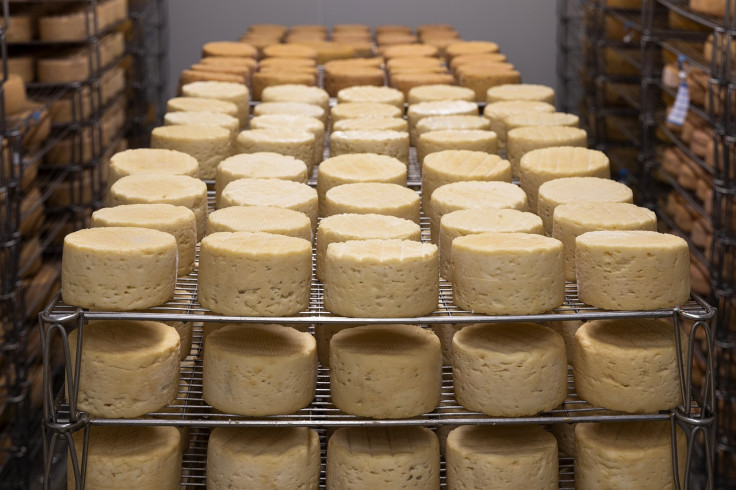
The costliest cheese in the world, Moose cheese, is produced with moose milk. Its production is concentrated in Sweden and is priced at $1,000 per kilogram. What makes the cheese so pricey is the considerable effort required to milk the moose, which is no easy task. The Elk House farm, run by two sisters, is presumably the largest producer of this cheese in the world.
11. Ayam Cemani Black Chicken
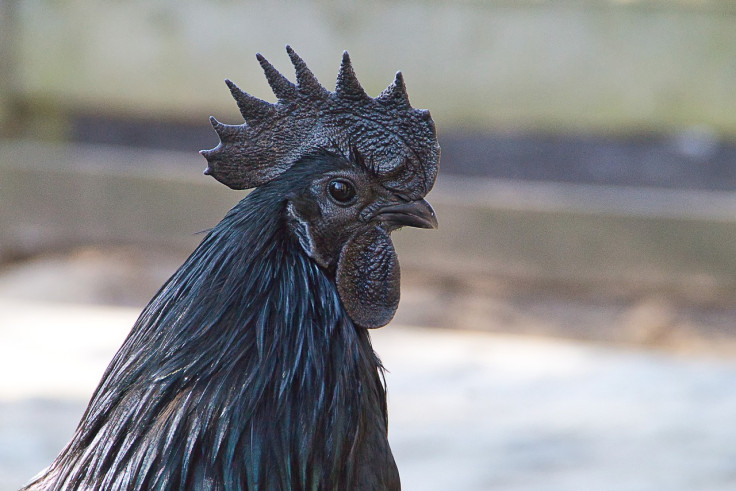
Chicken is a staple for many families, but the Indonesian Ayam Cemani chicken surpasses affordability for most. Costing around $200 domestically, prices double or even triple when exported. Ayam Cemani chickens are exported due to bird flu concerns. Besides its flavor, this breed is renowned as a popular fighting chicken.
10. Jamón Ibérico
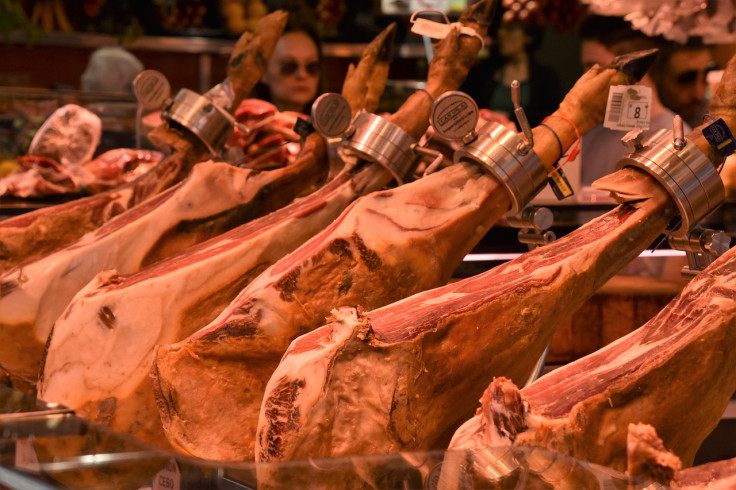
Savor the epitome of luxury with Jamón Ibérico, the world's priciest ham. Unique to Spain and Portugal, this delicacy originates from the rare Iberian breed, fed exclusively on costly acorns. Each leg demands a hefty price tag of $4,500. Crafted from Black Iberian pigs or their crosses, these animals roam freely in Spain and Portugal, feasting on a diet of acorns and herbs. The curing process, lasting up to 48 months, ensures a premium-quality delicacy. Whether enjoyed sliced and vacuum-packed for convenience or as a whole leg for a traditional treat, every bite is an indulgence in Spanish and Portuguese culinary excellence.
9. Saffron
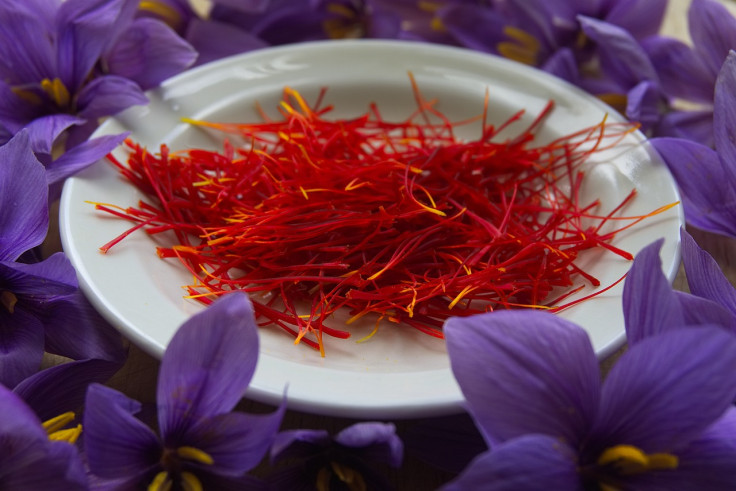
Saffron, a cherished seasoning in Indian cuisine, is meticulously gathered as it blooms for just one week each year. Over 300,000 flowers are needed to yield merely 1kg of saffron, rendering the process laborious. This rarity drives its price to range from $400 to $1000 per kilogram, making it a precious and carefully used spice for special occasions in Indian households.
8. Kopi Luwak

For all coffee enthusiasts, Kopi Luwak stands out as the world's priciest coffee beans. These beans gain their unique flavor after being partially digested and excreted by the Asian Palm Civet. In Indonesia, farmers meticulously gather thousands of civet droppings to produce this renowned coffee. The fermentation process in the animal's stomach imbues the beans with rich flavors, commanding a price of around $700 per kilogram.
7. Matsutake Mushrooms
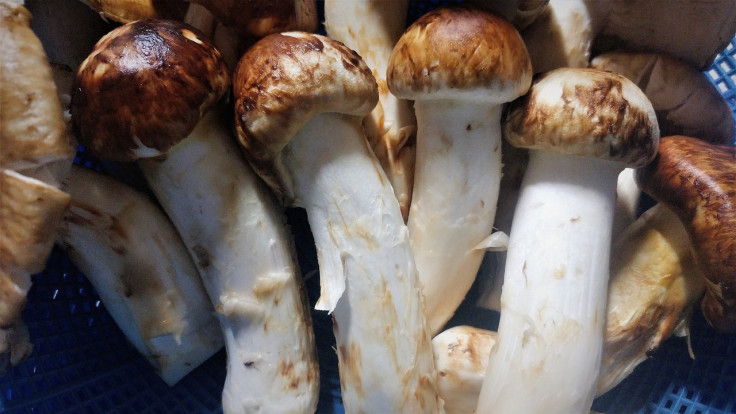
Matsutake mushrooms are elusive due to their preference for specific tree roots and concealed growth under forest litter. Their scarcity enhances their value, making them highly sought after in culinary circles worldwide. This rarity, coupled with their unique spicy-aromatic odor, contributes to their esteemed status in Japanese cuisine and beyond.
6. Black Watermelon
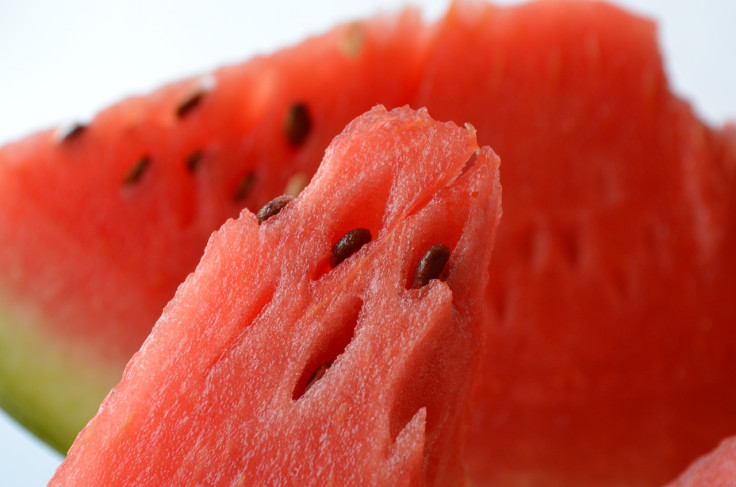
Originating from Japan, the Densuke Melon, also known as the black watermelon, is so prized that it's auctioned annually rather than sold openly. In Japanese tradition, it's considered a priceless wedding gift. With only 100,000 melons grown due to its space-intensive cultivation, each Densuke watermelon fetches a staggering price of up to $6,000, making it a symbol of luxury and exclusivity.
5. Wagyu Beef
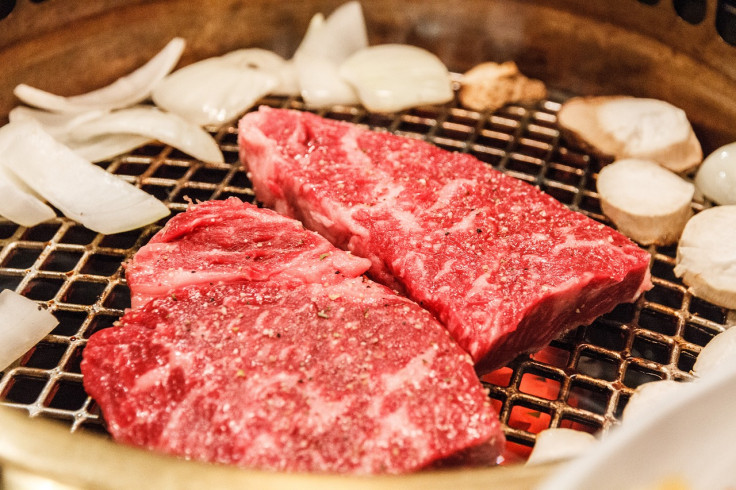
Wagyu, meaning "Japanese cattle," encompasses four principal Japanese beef cattle breeds. Bred from cross-breeding with European stock, Wagyu beef is renowned for its marbling, tenderness, and rich flavor. Each breed is meticulously raised and regulated, with the Japanese Black breed accounting for the majority of Wagyu production. Despite its origins, Wagyu beef's demand and prestige extend globally, making it a coveted delicacy in gourmet cuisine worldwide.
4. Bluefin Tuna
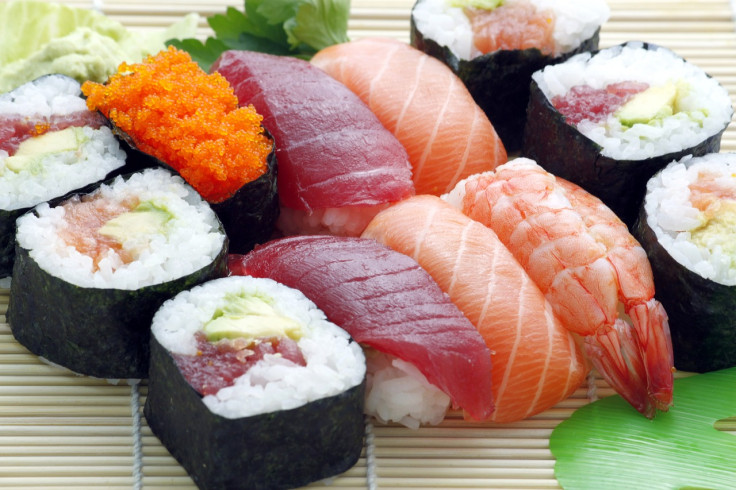
Bluefin tuna, renowned for its fatty marbling, commands high prices, especially in Japanese sushi restaurants, America, and Europe. Traditionally, the first catch of the year is auctioned for publicity rather than practical value. Renowned restaurateur Kiyoshi Kimura consistently sets records with extravagant purchases, including a $3.1 million tuna in 2019. On average, Bluefin tuna can cost anywhere from $40 to over $200 per pound, depending on factors like location, sourcing, and cut.
3. Foie Gras
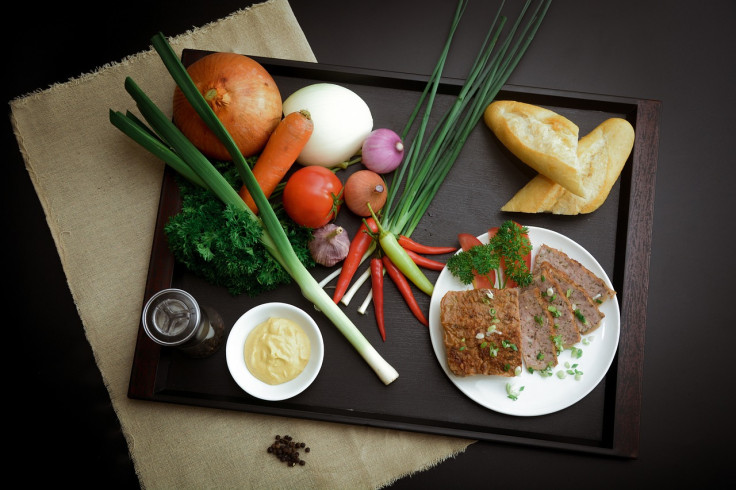
Foie gras production involves force-feeding ducks or geese to enlarge their livers, resulting in a rich, buttery delicacy. The process, known as gavage, begins with a pre-feeding phase where birds are gradually introduced to a high-starch diet. During the force-feeding phase, birds receive controlled amounts of feed via a tube inserted into their esophagus. This controversial practice is integral to the production of foie gras, a revered specialty in French cuisine.
2. White Truffle
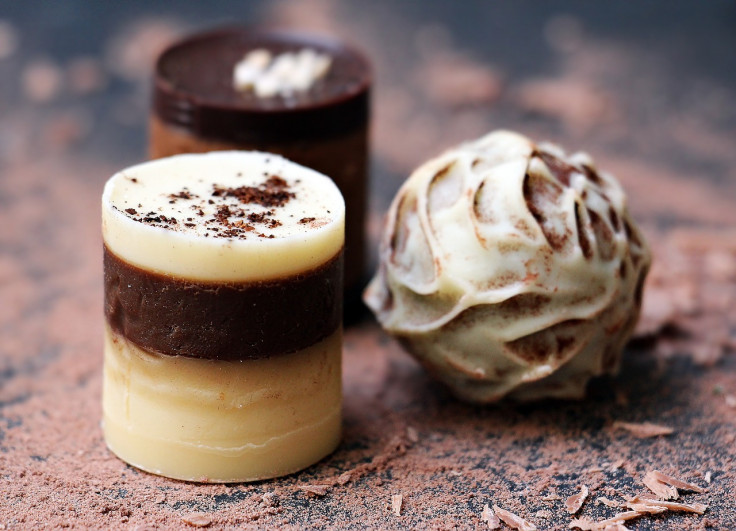
White truffles are a type of prized fungi found underground in the forests of Italy, particularly in the region of Alba. Known for their distinctive aroma and rich, earthy flavor, these truffles are highly sought after by chefs and food enthusiasts around the world. Due to their rarity and unique taste, white truffles can be quite expensive, often fetching hundreds or even thousands of dollars per ounce.
1. Ruby Roman Grapes
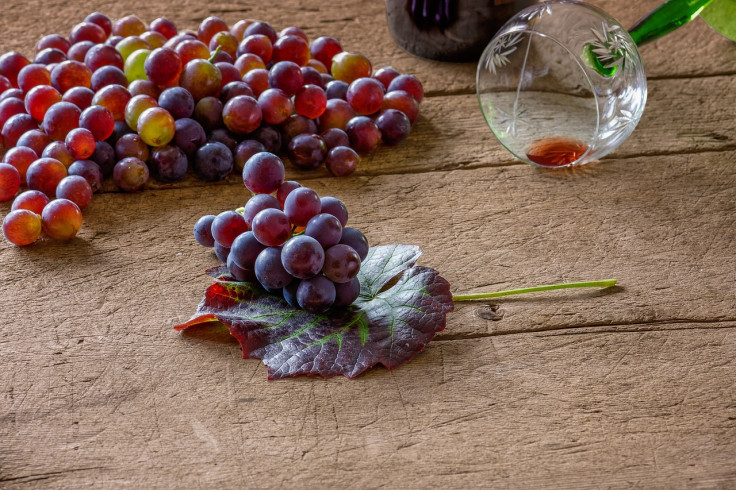
Ruby Roman grapes, exclusively grown in Japan's Ishikawa Prefecture, are renowned for their exquisite taste and hefty price tag. Introduced in 2008, these crimson-hued grapes are larger than average, resembling ping-pong balls. Each grape undergoes rigorous quality checks, with only the finest meeting strict criteria for sale. With prices soaring to thousands of dollars per bunch, Ruby Roman grapes hold the title of being one of the world's most expensive fruits.
Epitome of luxury dining
The world of gastronomy offers a plethora of delicacies that not only tantalize the taste buds but also come with exorbitant price tags. From the luxurious indulgence of Kobe beef to the exquisite rarity of Ruby Roman grapes, these expensive food items showcase the heights of culinary excellence and the willingness of enthusiasts to pay a premium for exceptional quality. Whether it's the result of meticulous production methods, unique cultivation practices, or centuries-old traditions, these delicacies represent the pinnacle of gastronomic experiences for those fortunate enough to indulge.







